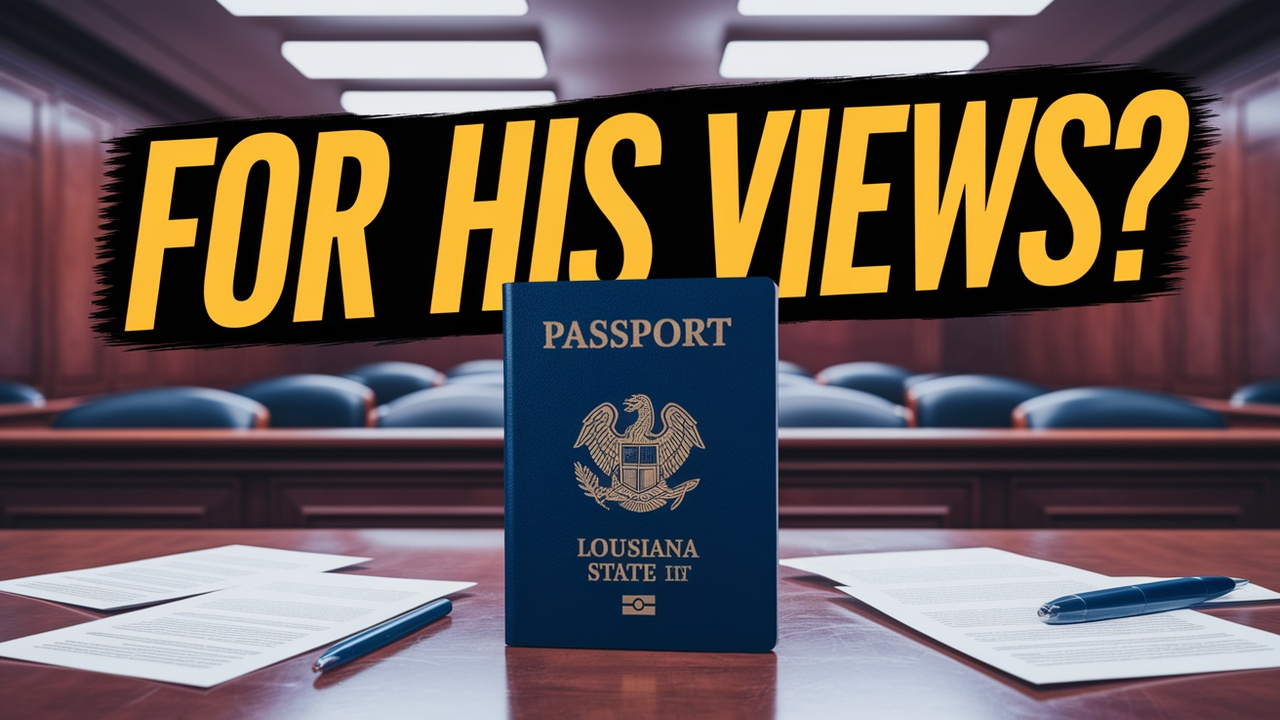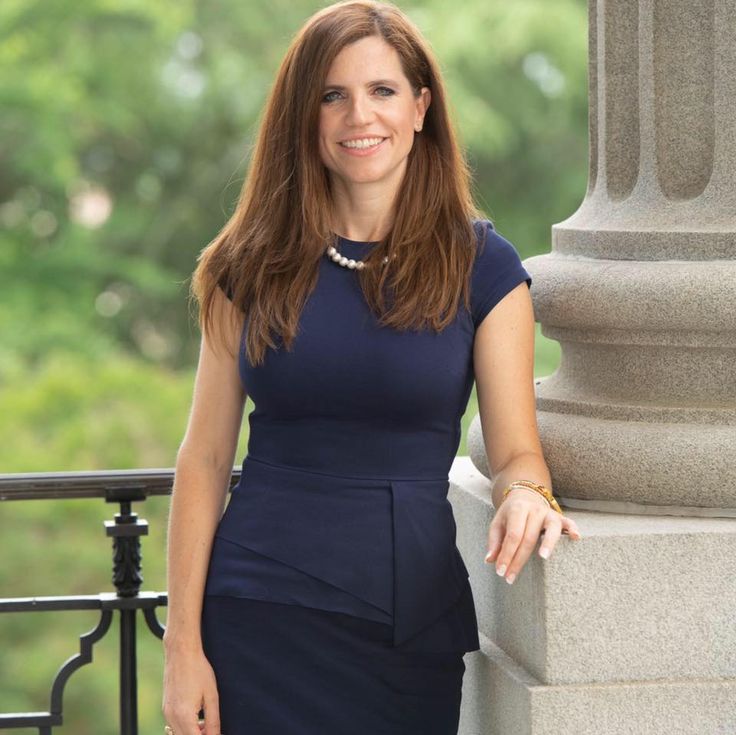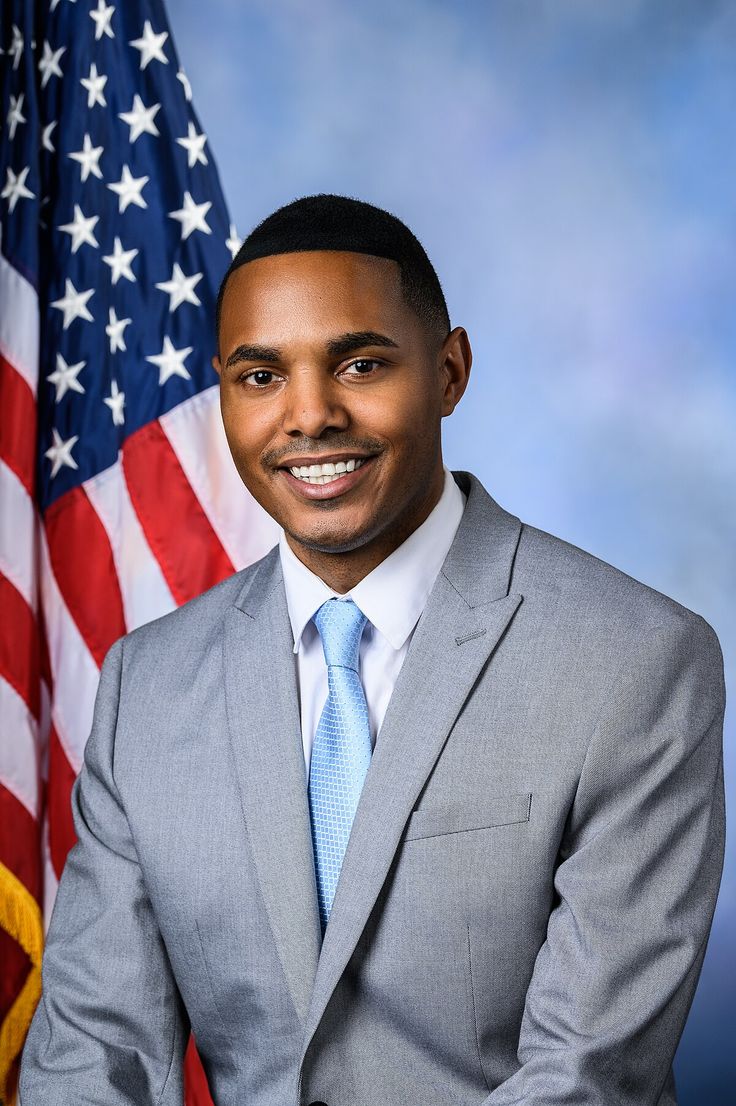Louisiana Judge Rules Mahmoud Khalil Can Be Deported for His Views
Introduction
A Case That Shook the Nation
Mahmoud Khalil—a name now sparking national and international debate. When a Columbia University graduate and Palestinian protest organizer faces deportation simply for his views, it’s bound to shake the core of American democracy. That’s exactly what happened on a tense Friday in a small Louisiana courtroom.
Why This Story Matters
Why are so many people talking about this? Because it’s about more than one man—it’s about freedom of speech, due process, and the boundaries of government power. This ruling could affect how dissent is treated in the U.S. moving forward.

Who is Mahmoud Khalil?
Background and Education
Mahmoud Khalil is a 30-year-old Palestinian-American who earned a degree from Columbia University. Known for his articulate views and passionate activism, he became a well-respected voice in the academic and activist communities.
His Role in Columbia University Protests
In 2024, Khalil was a prominent organizer during pro-Palestinian protests at Columbia University. His speeches and peaceful demonstrations drew attention from both supporters and critics—but clearly, they also caught the eyes of federal authorities.
Arrest by ICE and Detention in Louisiana
On March 8, 2025, ICE officers arrested Khalil in New York and transferred him to a detention center in Jena, Louisiana. His detention—far from home and family—was just the beginning of a larger legal and political storm.
The Courtroom Drama
The Setting – Remote Court in Jena, Louisiana
The court where Khalil’s fate was decided? Tucked away in central Louisiana, far from the bustling streets of New York or D.C. Critics argue the location itself is a tactic to isolate and disadvantage those detained.
Legal Team’s Strategy and Challenges
Khalil’s lawyers tried everything—from requesting case delays to challenging the evidence. One bold request was to cross-examine Secretary of State Marco Rubio, who authored the key memo used against Khalil.
The Judge’s Controversial Ruling
Judge Jamee Comans ultimately denied all objections. She accepted Rubio’s undated memo as “presumptive and sufficient evidence” and ruled that she had no authority to challenge foreign policy decisions. That memo, by the way? It contained zero allegations of criminal conduct.

Rubio’s Memo – The Core of the Government’s Case
What’s in the Memo?
Marco Rubio’s memo argues that Khalil’s “beliefs, statements or associations” conflict with U.S. foreign policy. However, the memo is short, undated, and lacks any tangible proof of wrongdoing.
Why It’s So Controversial
This memo is the sole evidence the Trump administration used to justify deportation. Legal experts are baffled—how can an opinion piece hold that much power?
The Debate Over “Views” as Deportable Offense
If someone’s beliefs are enough to remove them from the country, what happens to the First Amendment? Critics say this opens the door to punishing political views that don’t align with the government in power.
Constitutional Concerns
Free Speech vs. Foreign Policy Interests
The ruling sparked outrage from civil liberties groups. Can a lawful resident really be deported for expressing political opinions?
Legal Experts Weigh In
Many lawyers argue this case sets a “chilling precedent.” If upheld, it could mean anyone—even citizens—could face surveillance or consequences for their political stances.
Does This Set a Dangerous Precedent?
The answer is a resounding yes from civil rights advocates. Today it’s Khalil. Tomorrow, it could be someone else who speaks up.

Khalil’s Heartfelt Statement
His Words to the Court
Khalil addressed the judge with grace and dignity, referencing her own words about due process. “Clearly what we witnessed today, neither of these principles were present,” he said.
The Emotional Impact on Supporters
Supporters sobbed in the courtroom. The sense of injustice was palpable—and not just for Khalil, but for anyone who’s ever used their voice to challenge power.
Response from the Legal Team
Criticism of the Ruling
Khalil’s attorney, Marc van der Hout, didn’t mince words: “A charade of due process. A weaponisation of immigration law to suppress dissent.”
Allegations of a “Pre-Written” Judgment
The defense suspects the judge’s decision was made before arguments were even heard. That undermines trust in the entire judicial process.
The Path Forward in New Jersey Court
Another case is pending in federal court in New Jersey—this one challenging the constitutionality of the government’s actions and seeking Khalil’s release on bail.
Trump Administration’s Immigration Agenda
A Crackdown on Pro-Palestinian Voices
Khalil’s arrest appears to be part of a broader sweep targeting Palestinian students and scholars. Advocates are calling it a form of political cleansing.
Broader Implications for Activists in the U.S.
This could silence voices across the spectrum. Environmentalists, labor organizers, minority advocates—no one’s safe if beliefs can get you deported.
Human Rights & Immigration Law Experts React
Global Reactions
From London to Ramallah, protests erupted. Human rights organizations condemned the decision as authoritarian and dangerous.
Legal Scholars Sound the Alarm
“Unprecedented,” “Orwellian,” “Unconstitutional”—these are just a few words used by top legal minds in response to the ruling.
Family in Crisis
A Father-To-Be Held in Detention
Khalil’s wife is due to give birth this month. He’s being kept away from his family at a critical time, and his legal team is begging for bail.
Impact on Wife and Unborn Child
It’s heartbreaking. No parent should be forced to fight deportation instead of being by their partner’s side in the delivery room.
What Happens Next?
Appeals and Legal Options
Khalil’s team is filing appeals and seeking intervention from higher courts. But time is running out.
Community Support and Advocacy
Advocates are rallying, fundraising, and petitioning. The pressure on the administration is mounting.
The Broader Legal Battle in New Jersey
This case could redefine how far the government can go in suppressing speech through immigration law. The stakes are massive.
Social Media Erupts
Online Campaigns for Khalil
The hashtags #FreeMahmoud and #JusticeForKhalil are trending. Millions are following his story.
Public Figures Speak Out
Celebrities, politicians, and journalists are condemning the ruling and calling for immediate action.
Conclusion
Mahmoud Khalil’s case isn’t just about one man—it’s about the direction the U.S. is heading. Can we remain a country that values freedom of speech, or are we shifting into something far more dangerous? As this legal drama unfolds, the eyes of the world remain fixed on what happens next.
FAQs
Q1: Why was Mahmoud Khalil arrested?
Khalil was arrested by ICE allegedly due to his political views and activism, not any criminal activity.
Q2: Is it legal to deport someone for their beliefs?
This is under legal scrutiny. While immigration law is broad, many argue this violates First Amendment protections.
Q3: What’s next for Khalil’s case?
A federal court in New Jersey is reviewing the legality of his detention and may grant him bail.
Q4: Who supports Mahmoud Khalil?
Civil rights groups, legal experts, academics, and thousands of grassroots supporters are backing him.
Q5: Could this happen to others in the U.S.?
If this ruling stands, it could set a precedent that allows for the deportation of other lawful residents for their political views.

Share this content:




Post Comment